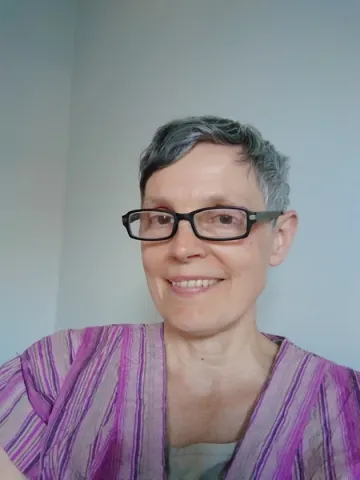Project overview
In the light of growing international refugee flows and often failing state responses, the work of citizen volunteers in supporting forced migrants has become vital. This project collaborates with a Southampton-based refugee support charity, the New Forest Rangers and two artists to explore locality as a space of ‘sanctuary’.
Evidently ‘sanctuary’ is more than another word for hospitality. It is a complex field of relations in which practices of solidarity co-exist with those of exclusion and precarity. The project explores the role of artistic practice in understanding and communicating how sanctuary is experienced by people with precarious immigration status and the relationship to place, community and biography that this status may afford.
In drawing on participatory arts approaches, ethnographic and walking methods, walks in the New Forest will create a space for dialogue and emplaced storytelling. A collaborative short film will be produced that will support local solidarity work.
Another ambition of the project is to develop more understanding of knowledge exchange-informed research in contexts of refugee solidarity and the potential of arts-based practices as forms of engagement through which sociability can form and sanctuary seekers positioned as experts voicing their own knowledge.
Evidently ‘sanctuary’ is more than another word for hospitality. It is a complex field of relations in which practices of solidarity co-exist with those of exclusion and precarity. The project explores the role of artistic practice in understanding and communicating how sanctuary is experienced by people with precarious immigration status and the relationship to place, community and biography that this status may afford.
In drawing on participatory arts approaches, ethnographic and walking methods, walks in the New Forest will create a space for dialogue and emplaced storytelling. A collaborative short film will be produced that will support local solidarity work.
Another ambition of the project is to develop more understanding of knowledge exchange-informed research in contexts of refugee solidarity and the potential of arts-based practices as forms of engagement through which sociability can form and sanctuary seekers positioned as experts voicing their own knowledge.
Staff
Lead researchers
Collaborating research institutes, centres and groups
Research outputs
Heidi Armbruster & Marie-Anne Helene Mansfield,
2025, Anthropology and Humanism
DOI: 10.1111/anhu.70045
Type: article
